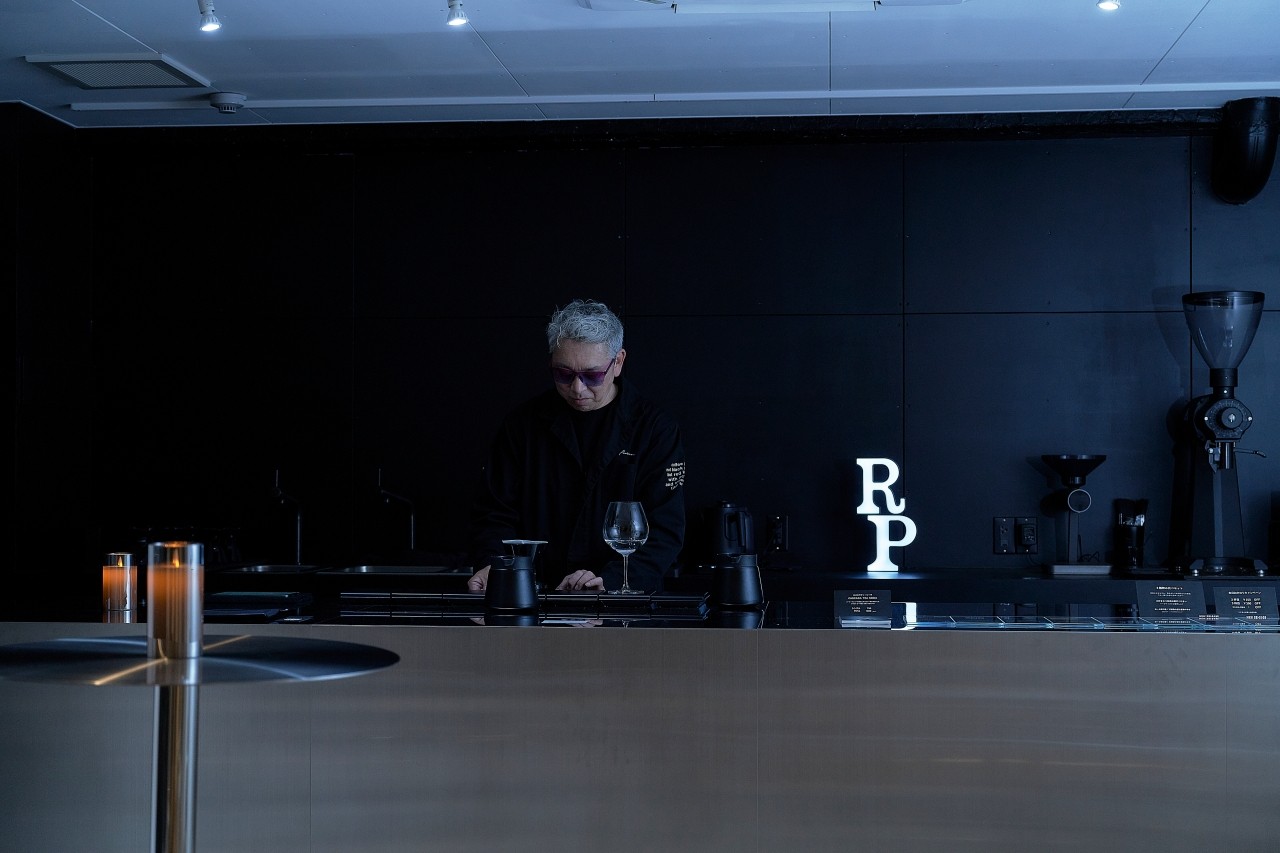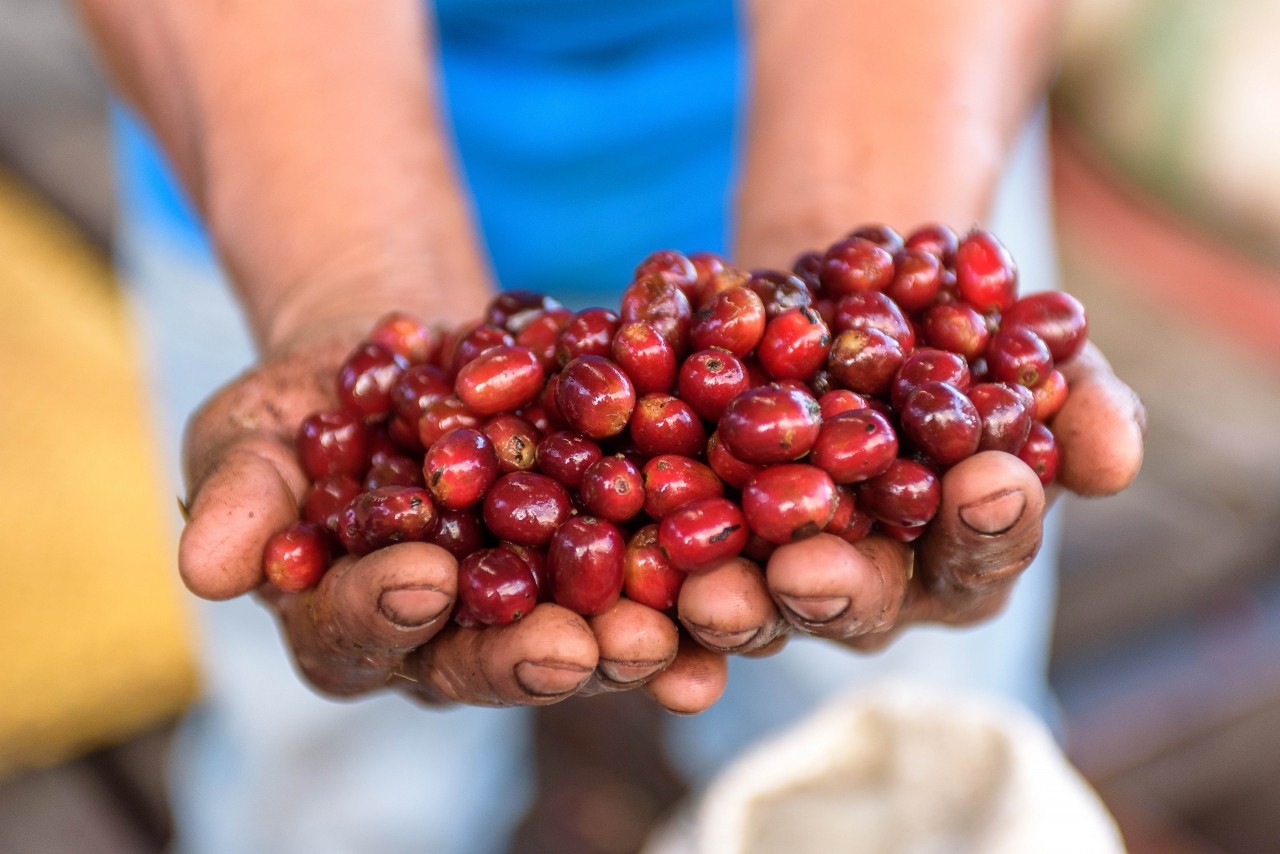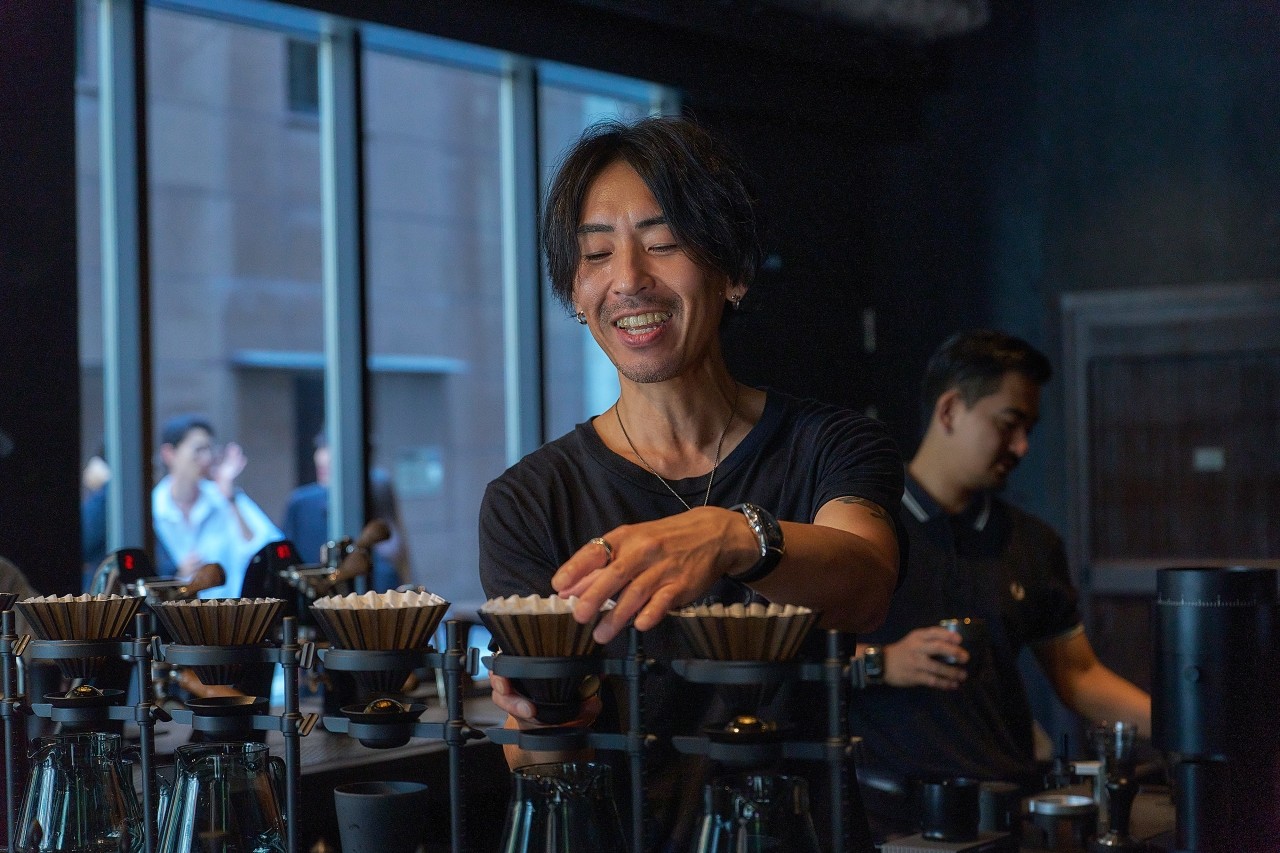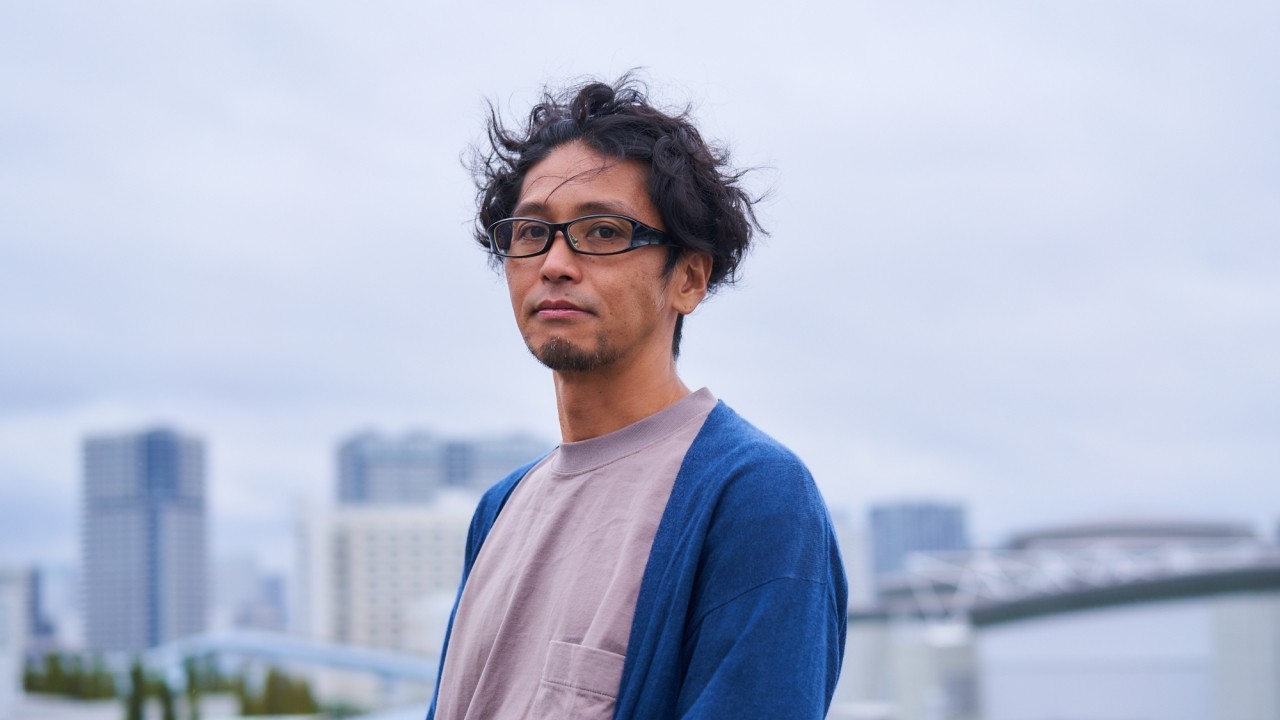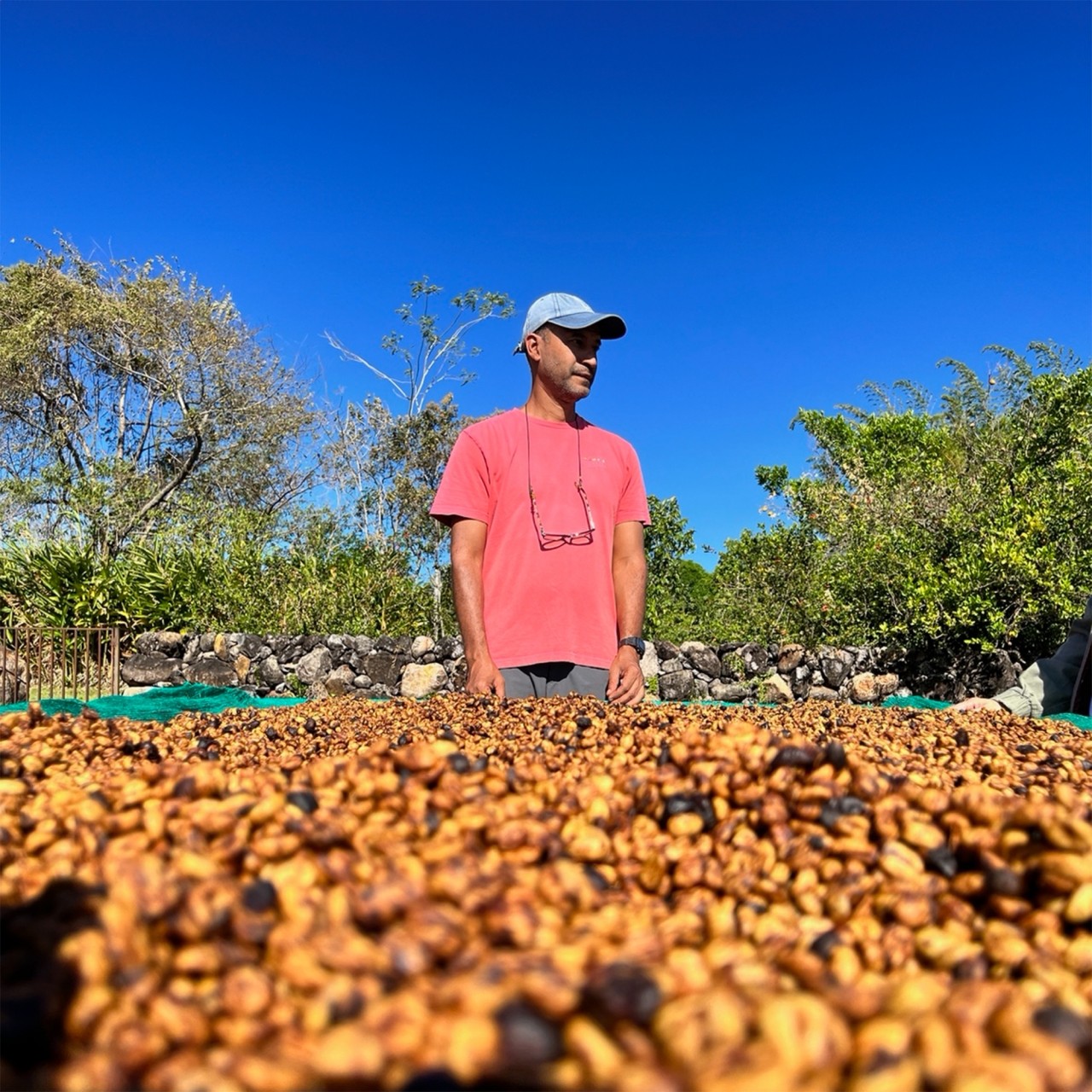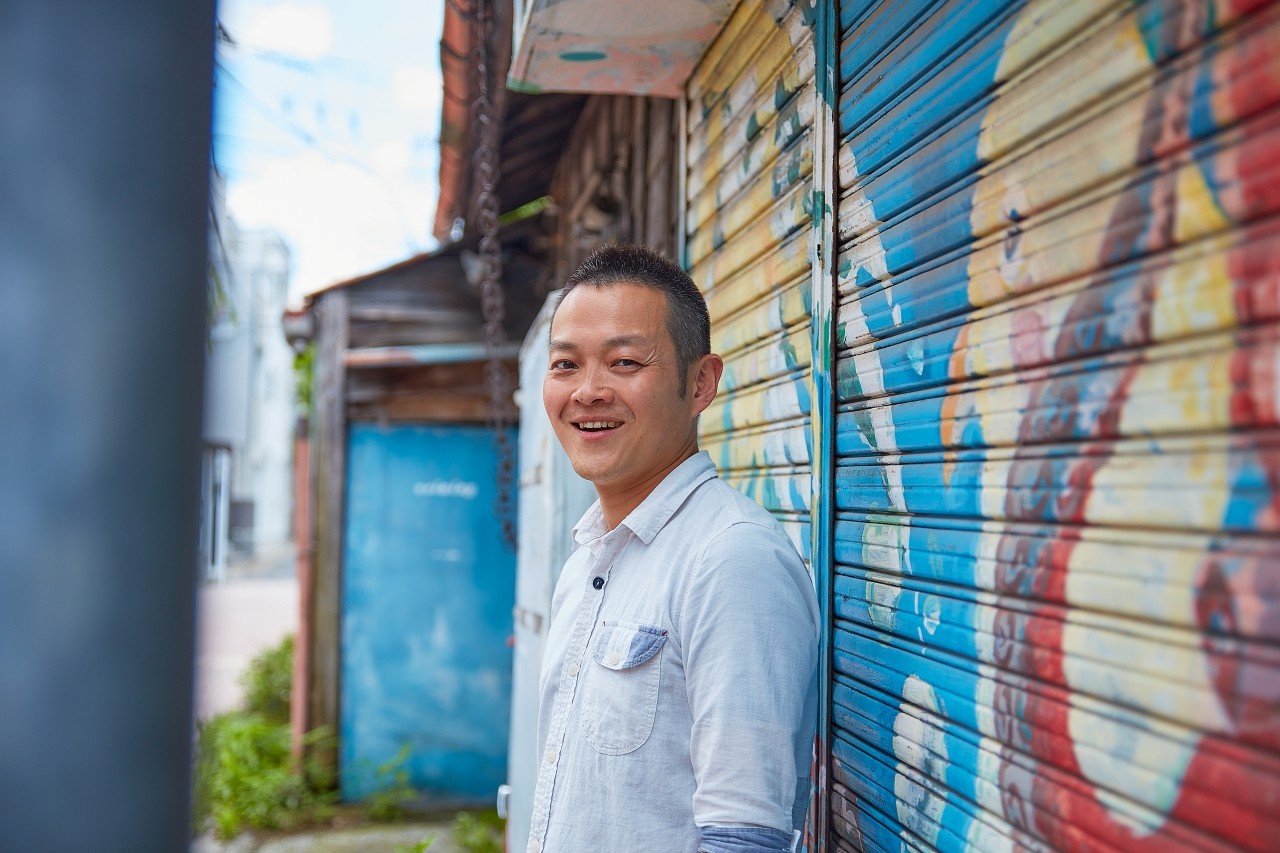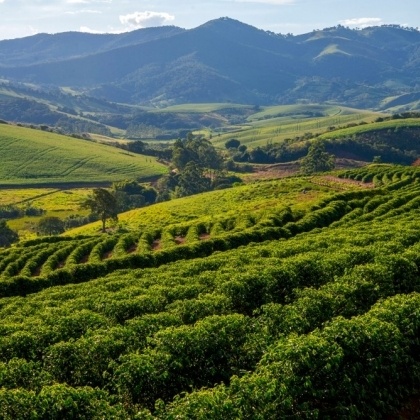High quality Kenyan coffee is popular all over the world. What is the secret?
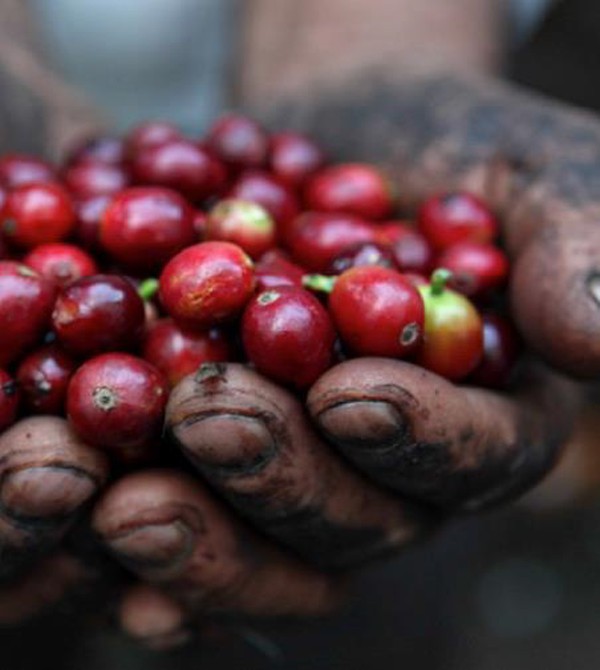
Kenya's specialty coffees hold a unique position due to their distinctive flavors and high-quality production processes.
In Japan, Kilimanjaro from neighboring Tanzania is extremely popular as a brand, and it is not unusual for Japan to import less than 1/10 of the amount of green coffee beans from Kenya than Tanzania.
However, among the East African countries, Kenya is highly regarded as a region that produces particularly high-quality coffee, and has become an indispensable part of the world of specialty coffee. Let's try to explain why.
In Japan, Kilimanjaro from neighboring Tanzania is extremely popular as a brand, and it is not unusual for Japan to import less than 1/10 of the amount of green coffee beans from Kenya than Tanzania.
However, among the East African countries, Kenya is highly regarded as a region that produces particularly high-quality coffee, and has become an indispensable part of the world of specialty coffee. Let's try to explain why.
History of coffee cultivation in Kenya
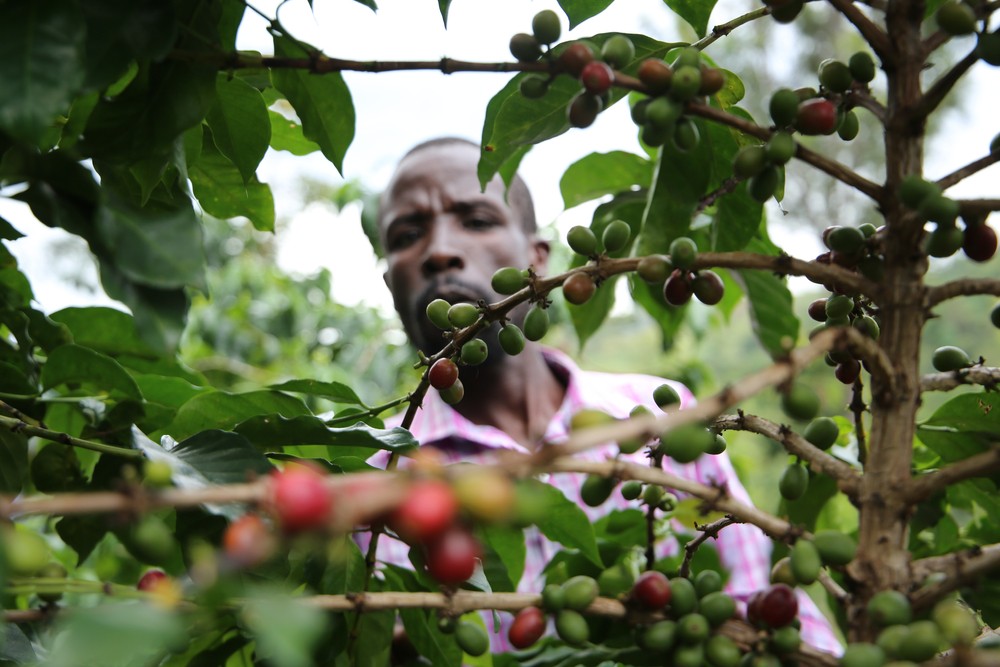
Coffee is said to have first been introduced to East Africa in 1878, when French missionaries brought Bourbon from Réunion Island. In 1886, present-day Tanzania was divided into German territory, and present-day Kenya was divided into British territory, and from then on coffee cultivation began in earnest.
Among the coffee-producing regions in East Africa, one of the reasons why Kenya produces high-quality beans is because it has researched cultivation and varieties from an early stage, and has established a quality control system.
The Kenya Coffee Directorate was established in 1934 under British colonial rule, and auctions for buying and selling Kenyan coffee began in 1934. Starting in 1935, quality was assessed by grade.
Around the same time, the British-established Scott Agricultural Laboratories selected SL28 and SL34 varieties with excellent quality and productivity, which were then spread to production areas in Kenya. (allegedly an abbreviation).
Kenya's coffee production has been developed as an industry through such efforts.
Kenya achieved independence in 1963, and to this day farmers of various sizes continue to produce extremely high quality coffee.
Characteristics of Kenyan coffee
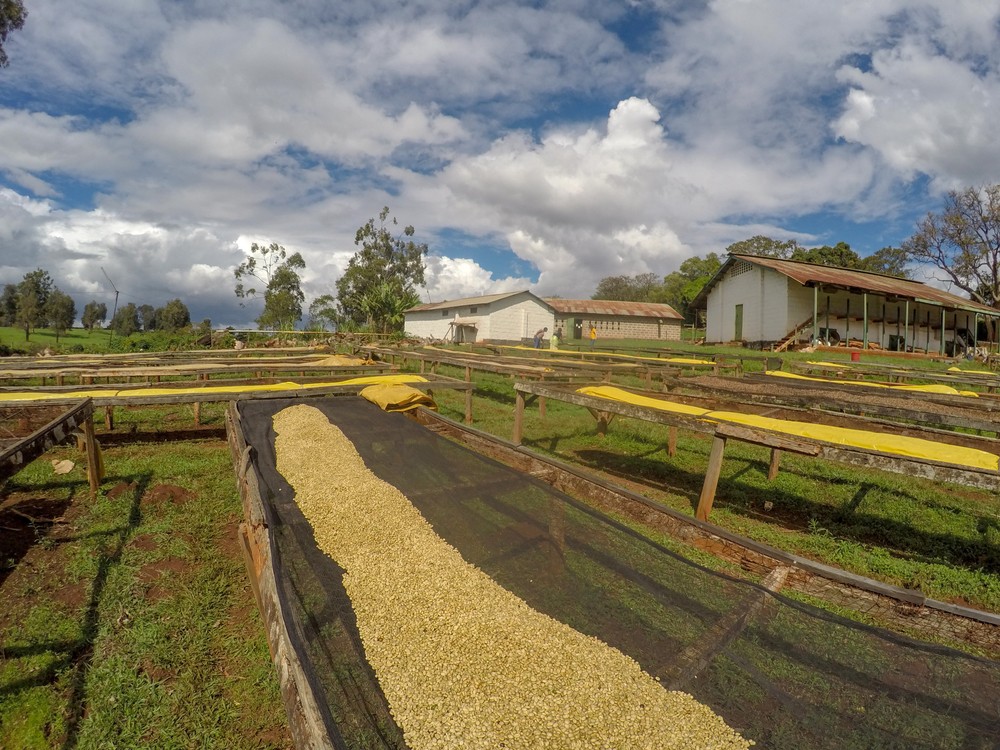
Kenyan coffee is characterized by its fruity acidity and berry flavors such as blackcurrant and cranberry.
This bright acidity is characteristic of coffee beans grown in the highlands of Kenya, and the fruity nuances make the coffee stand out.
Furthermore, you can feel the complex flavor that is not just berry-based.
Kenya's climate and soil create these distinctive flavors.
The average temperature is around 19 degrees, which is not too hot, and it rains moderately throughout the year. The annual rainfall in the coffee growing area is less than 1,000 mm, and the soil is well-drained red loam. These conditions make Kenya's coffee growing regions unique around the world.
It is famous for its production in the Embu, Nyeri, and Kirinyaga districts, where brown volcanic ash soil spreads out at the southern foot of Mt Kenya.
These have vast, rounded ridges that slope gently down to the valley. In addition, fast-flowing rivers store abundant water in the valleys. The slopes are thickly covered with fertile red volcanic soil, creating a well-drained environment.
Currently, the total area under coffee cultivation is estimated to be around 160,000 hectares. Approximately one-third of these are large-scale plantations, and the remainder is made up of approximately 700,000 smallholders.
There are two coffee flowering seasons a year. These are around March and April, right after the rainy season starts, and in October. The main harvest season is from October to December. Harvesting of early-harvested coffee begins from May to July. In addition, the water washing method is mainly used for production processing.
This bright acidity is characteristic of coffee beans grown in the highlands of Kenya, and the fruity nuances make the coffee stand out.
Furthermore, you can feel the complex flavor that is not just berry-based.
Kenya's climate and soil create these distinctive flavors.
The average temperature is around 19 degrees, which is not too hot, and it rains moderately throughout the year. The annual rainfall in the coffee growing area is less than 1,000 mm, and the soil is well-drained red loam. These conditions make Kenya's coffee growing regions unique around the world.
It is famous for its production in the Embu, Nyeri, and Kirinyaga districts, where brown volcanic ash soil spreads out at the southern foot of Mt Kenya.
These have vast, rounded ridges that slope gently down to the valley. In addition, fast-flowing rivers store abundant water in the valleys. The slopes are thickly covered with fertile red volcanic soil, creating a well-drained environment.
Currently, the total area under coffee cultivation is estimated to be around 160,000 hectares. Approximately one-third of these are large-scale plantations, and the remainder is made up of approximately 700,000 smallholders.
There are two coffee flowering seasons a year. These are around March and April, right after the rainy season starts, and in October. The main harvest season is from October to December. Harvesting of early-harvested coffee begins from May to July. In addition, the water washing method is mainly used for production processing.
coffee production system
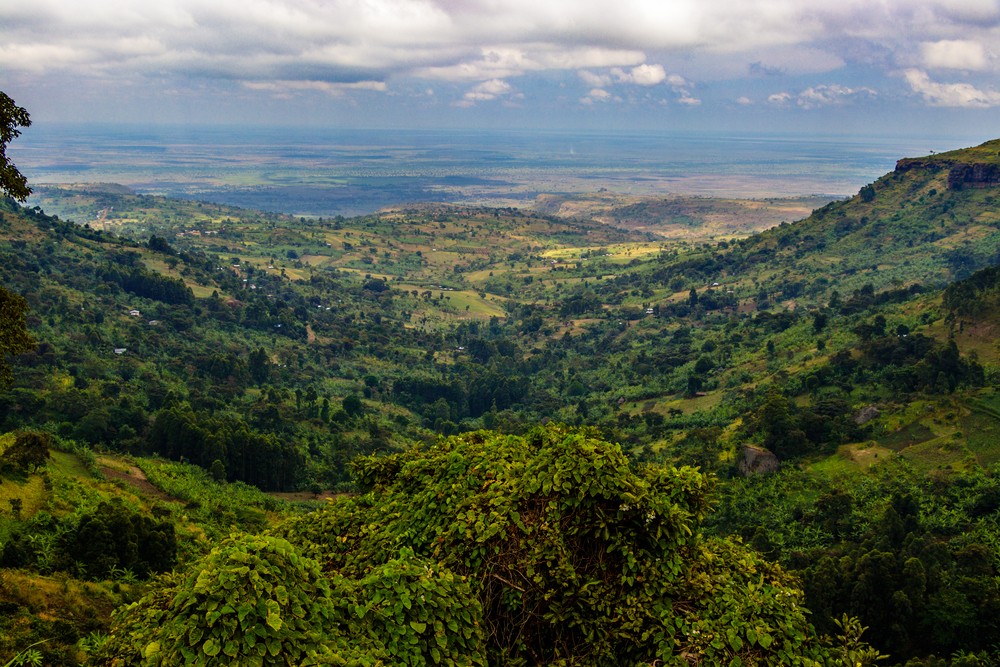
Kenyan coffee production is systematized, with everything from farms, processes, and grading under control.
The company behind it is the Coffee Research Foundation, the world's first coffee research institute and rated as one of the best. This is an organization that is in charge of researching all issues related to coffee, from production, processing, and marketing.
The Kenya Coffee Collage, which is under the Coffee Research Foundation, provides a variety of coffee-related training programs both in Kenya and abroad.
On the other hand, it also has its own system for trading. Currently, there are two Kenyan coffee marketing systems in Kenya.
The first is the central auction held at the Nairobi Coffee Exchange every Tuesday throughout the year. Approximately 90 percent of Kenyan coffee is traded here.
The second type is direct trading, which is called the "Second Window." Marketing agents begin by negotiating directly with overseas trading companies. After signing the sales contract, it will be ratified by the Kenya Coffee Authority.
These systems have played a major role in improving the quality of Kenyan coffee.
There is no doubt that this well-organized system greatly contributes to the trustworthiness of Kenyan coffee.
High quality Kenyan coffee is produced using the characteristics of the region and a well-managed system.
CROWD ROASTER handles such high-quality Kenyan coffee, especially carefully selected wonderful coffee.
Why not take this opportunity to try it out?
2023.12.27
CROWD ROASTER
If you want to enjoy coffee more deeply
" CROWD ROASTER APP"
Manabu at CROWD ROASTER LOUNGE
・Push notifications for article updates・Full of original articles exclusive to CROWD ROASTER
・Direct links to detailed information about green beans and roasters
App-only features
- Choose green beans and roasters to create and participate in roasting events・CROWD ROASTER SHOP: Everything from beans to equipment is readily available
・GPS-linked coffee map function



